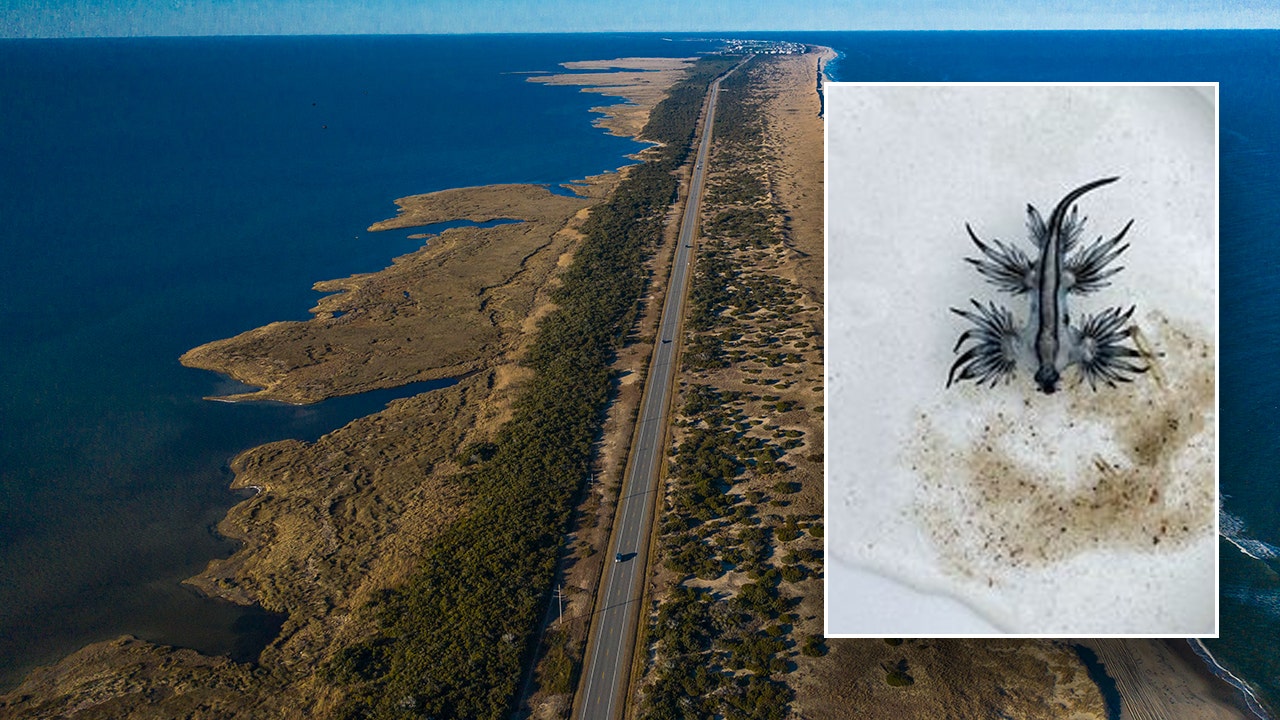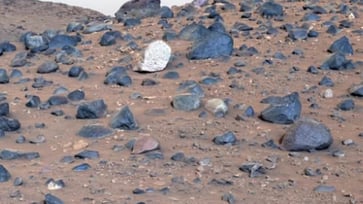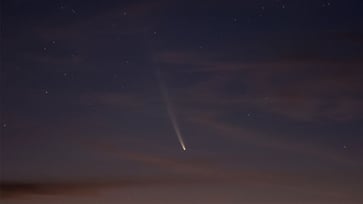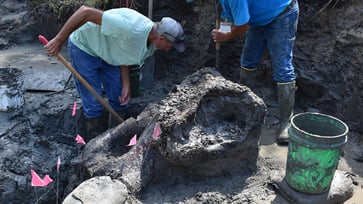Popular North Carolina beaches see an increase in venomous creatures.
Despite their small size, blue sea dragons are predators of the dangerous Portuguese man o' war.

Slugs with venomous punch were found on the beaches of North Carolina's Outer Banks, prompting the National Park Service to issue a warning.
Blue Sea Dragons (Glaucus atlanticus) have been sighted on the shores of the Cape Hatteras National Seashore, as announced on their Facebook page.
""These venomous sea slugs, which reside in the open ocean, occasionally get stranded on land due to strong winds. Despite their small size, they possess a powerful sting," officials from the National Seashore stated on Facebook."
Blue Sea Dragons, also known as sea swallows or blue angels, can grow up to 1.3 inches, according to Oceana.org.

In tropical and subtropical waters of the Atlantic, Pacific, and Indian oceans, they are frequently discovered.
The sea slug, which is a specimen, spends most of its life floating upside-down at the surface and staying afloat by storing air bubbles in its stomach, according to the organization.

Officials from Cape Hatteras National Seashore assert that Blue Sea Dragons traverse ocean currents in search of their preferred sustenance, which consists of Portuguese man o' wars.
"The park service wrote that the dragon's meals, which contain a venomous creature, allow them to store that venom for their own defense. They concentrate the ingested venom and deliver a sting that is even more powerful, making them a formidable opponent."

Be careful around blue beauties, as they carry a potent toxin and may pose a risk to those nearby.
"Blue Sea Dragons are known to travel in groups called "Blue Fleets." If they are encountered, whether alive or dead, they remain venomous. It is recommended to appreciate this intriguing species without physically interacting with it."
science
You might also like
- Lunar modules from the first two moon landings have been captured in stunning detail by Orbiter photos, more than 50 years after the historic missions.
- Discovery of a remarkable mastodon jaw in a New York homeowner's backyard
- NASA resumes communication with Interstellar Voyager 1 after pause.
- In 2055, the asteroid that was once referred to as Earth's "mini moon" will make a return visit.
- A new species of sea slug that resides in the ocean's 'midnight zone' has been discovered with a glowing appearance.



















